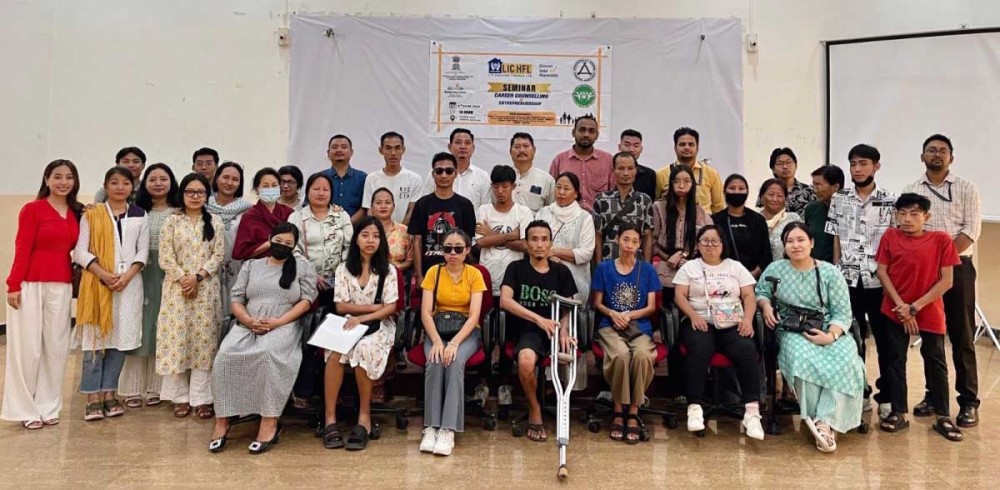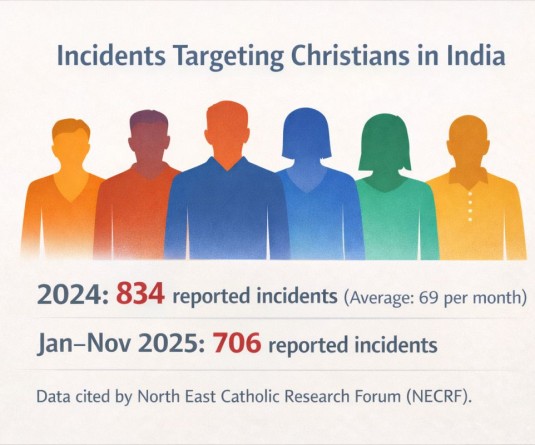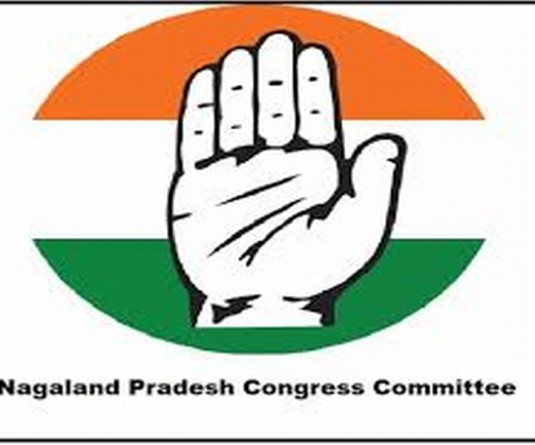Participants at the career counselling and entrepreneurship seminar for Persons with Disabilities (PwDs) organised in Dimapur on June 6. (Morung Photo)

Morung Express News
Dimapur | June 6
A career counselling and entrepreneurship seminar for Persons with Disabilities (PwDs) was held in Dimapur, on June 6, aiming to promote self-reliance and awareness of available opportunities. The seminar was jointly organised by the State Commission for Persons with Disabilities (SCPwD), the National Career Service Centre for the Differently Abled (NCSCDA), Dimapur; and Prodigals’ Home, with support from LIC Housing Finance Limited. This training initiative is part of an ongoing pilot project, designed based on a survey conducted by Prodigals' Home. The project started in December 2024, and will continue till November 2025.
Instructors Lanunungsang and Deep Jyoti Das from the NCSCDA, Dimapur, led training sessions addressing the challenges faced by PwDs and availing avenues for self-sufficiency. According to Lanunungsang, the NCSCDA provides rehabilitation services, including vocational training, placement support, and career planning guidance. The centre offers training in a variety of trades, including computer applications, secretarial practice, mechanics, tailoring, and more.
He urged individuals to enroll in NCSCDA's training programmes, highlighting its multifaceted approach to disability empowerment across education, employment, social security, accessibility, and rehabilitation. He noted the unique concentration of four training centers in Dimapur, a rarity compared to other states. However, he also expressed concern over the underutilisation of resources, citing the return of a Rs 35 lakh sanction last year due to a lack of applicants.
He highlighted the hurdles faced by PwDs, including discrimination and social stigma in employment and education, hindering social inclusion. Limited accessibility in public spaces, educational barriers stemming from a lack of specialised materials, and the heightened risk of mental health conditions such as anxiety and depression were also discussed. Communication challenges leading to social isolation and a lack of adequate support services such as assistive technology were highlighted as critical areas needing attention.
Attendees received information on various general as well as special schemes and that PwDs can avail. These included the Disability Pension funded by the Government of Nagaland, free travel passes on NST buses, scholarships for students with disabilities, family pensions for orphaned disabled children of government servants, Divyangjan cards for train travel concessions, Chief Minister's Health Insurance Scheme, and the services offered by the District Disability Rehabilitation Centre/Alimco Regional Rehabilitation Centre Dimapur. The National Action Plan for Skill Development of PwDs (NAP-SDP), a central government initiative, was also highlighted as a resource for quality vocational training.
Despite the availability of numerous government-led training and skilling programs, a perceived lack of awareness in Nagaland was noted. The seminar dedicated time to explaining application processes for financial assistance aimed at supporting new or expanding business ventures. The event concluded with a discussion on the way forward.






